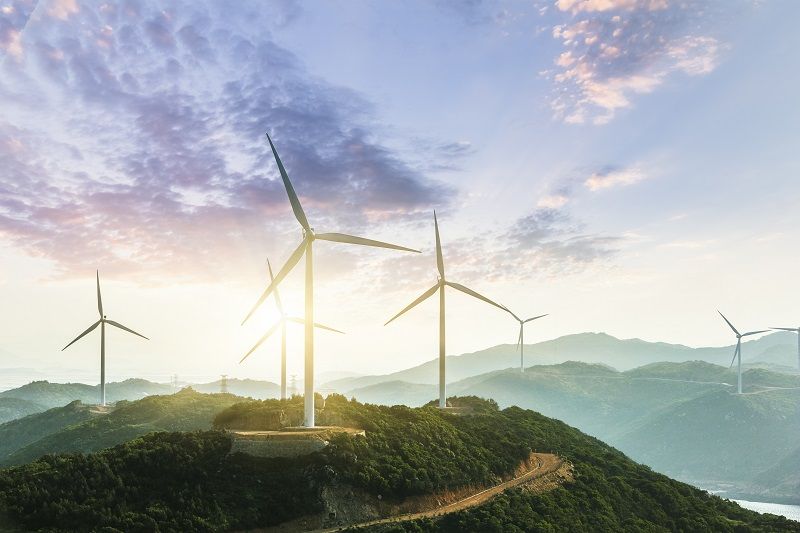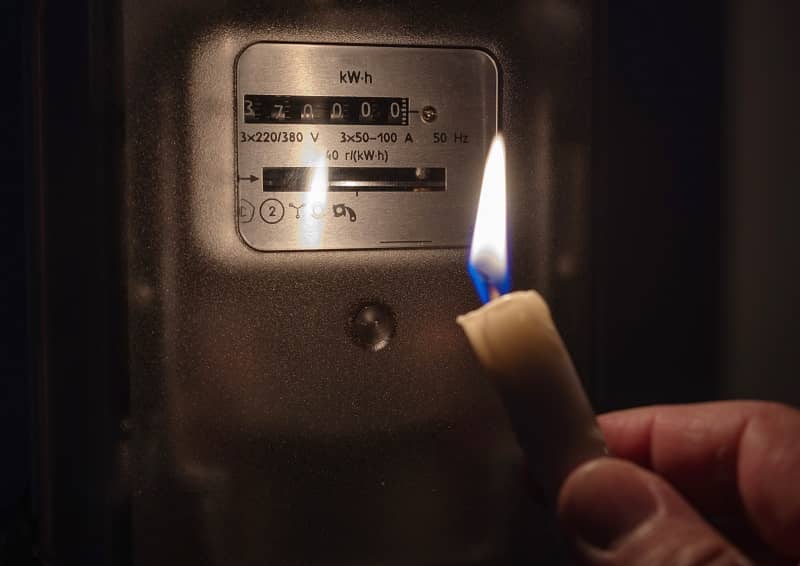By Todd Myers
“The UN’s Intergovernmental Panel on Climate Change raises the level of alarm….Global warming deniers are now on a par with Holocaust deniers…” ―Ellen Goodman, The Boston Globe, 2007
When the United Nation’s Intergovernmental Panel on Climate Change (IPCC) released its report in 2007, the response of the environmental left was close to hysterical. The IPCC’s international mandate was so clear, the left called its findings the “climate consensus.” People who questioned the IPCC’s authority, some said, had the mentality of Holocaust deniers.
Recently, the IPCC released a new assessment, with improved calculations of global temperature increases and associated impacts. The new predictions are less dire and the IPCC’s old fans have become the new climate deniers, dismissing the new report as “political.”
Rather than follow the science, liberal politicians and environmental activists are denying today what they said was undeniable yesterday.
For example, writing in The Wall Street Journal just before the release of the new report, actress Darryl Hannah, who frequently protests with climate scientist James Hansen, says action is needed “urgently, if we are to avoid a 4-degree Celsius raise.” Her claim, however, was wrong before the new report was released and is more so now.
The latest projection of the IPCC for temperature increase under the most likely scenario is 1.8 degrees Celsius by the year 2100―less than half what Hannah claims. In fact, her claim is beyond the median projection for the most extreme scenario of 3.7 degrees C.
Claims about sea level are similarly inaccurate. The Sightline Institute claimed “the world’s leading climate scientists warn of the sea level rising by three feet by 2100.” On Twitter, Northwest NPR was even more extreme, asking how Seattle “would be affected if sea levels rise 1 foot by 2020.”
Under the most likely emissions scenario, sea levels will increase about 18 inches by 2100. The most extreme scenario projects an upper limit of sea level rise of 32 inches―less than the three feet claimed by Sightline. NPR’s 2020 estimate is wildly exaggerated, more than ten times the IPCC’s estimate.
Finally, Washington Governor Jay Inslee repeatedly mentions ocean acidification as a reason to take action on carbon emissions. Pointing to shellfish mortality in Washington’s waters, he claims, “We know that two of the most challenging threats we face to our environment are climate change and ocean acidification.” The pH of our waters, he notes, has recently acidified at the rate of about 0.1 per year.
Less than one percent of that trend, however, can be attributed to CO2 emissions. The IPCC reports, “The pH of ocean surface water has decreased by 0.1 since the beginning of the industrial era.” The acidification the Governor attributes to carbon emissions annually is actually the amount that occurred over more than 100 years.
Some realize their cataclysmic projections are no longer in line with consensus science. Instead of adjusting their claims, they turned to undermining the IPCC instead.
One New York Times columnist accused the IPCC of “bending over backward to be scientifically conservative,” claiming it was intentionally low-balling projections for political reasons.
Another left-wing environmental activist was even blunter, arguing “the IPCC report is more of a political document than a scientific one.” That is exactly the view of the best-known climate “denier,” Oklahoma Senator James Inhofe, who told an audience prior to the last IPCC report, “This is a political document, not a scientific report.”
The left has abandoned the IPCC, after years of touting the agency’s unshakable standard of excellence. What changed were not the IPCC’s standards but its conclusions. New science has sparked the left’s new denial.
Real solutions to any risks associated with carbon emissions will come only when policies are consistent with the latest science. The new, left-wing science deniers have made it clear they are more interested in trimming the science to suit their pre-determined politics. As a result, they don’t just deny the science, they deny the solutions for a cleaner Earth, too.
Todd Myers is director of the Center for the Environment at Washington Policy Center and a guest contributor at Cascade Policy Institute. He is the author of the book Eco-Fads: How the Rise of Trendy Environmentalism Is Harming the Environment and is designated a Wall Street Journal Expert panelist for energy and the environment.











